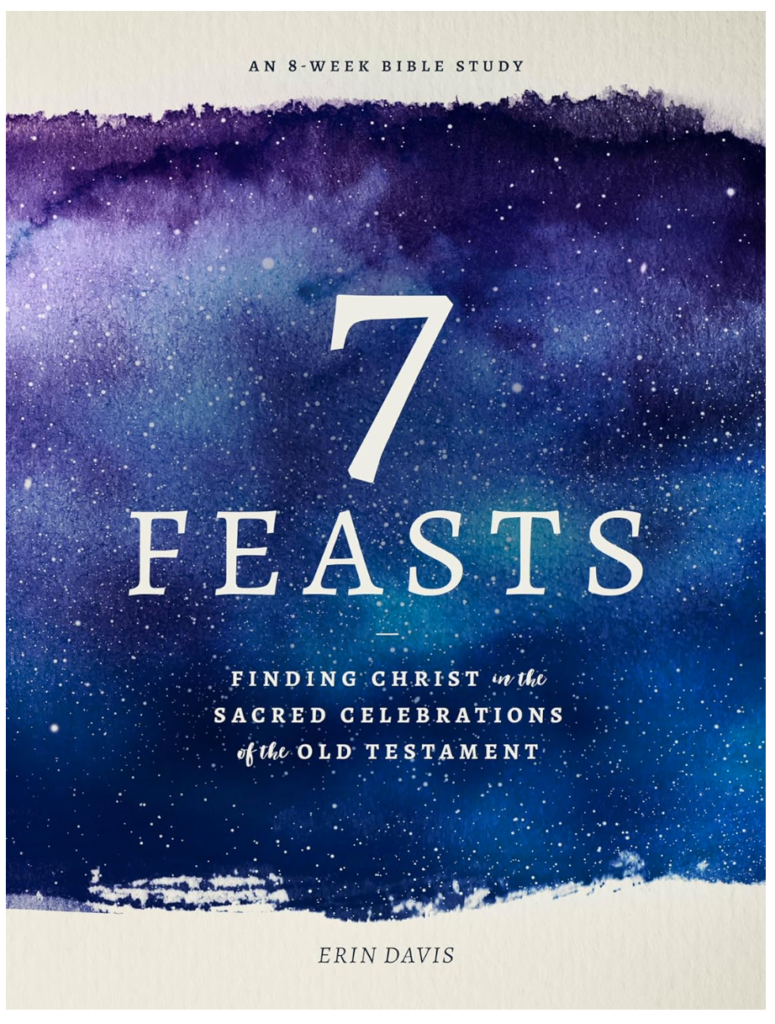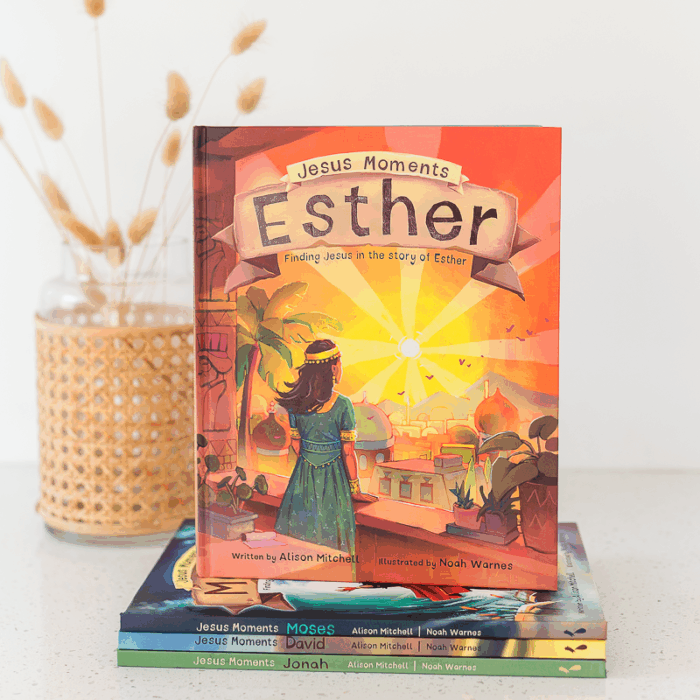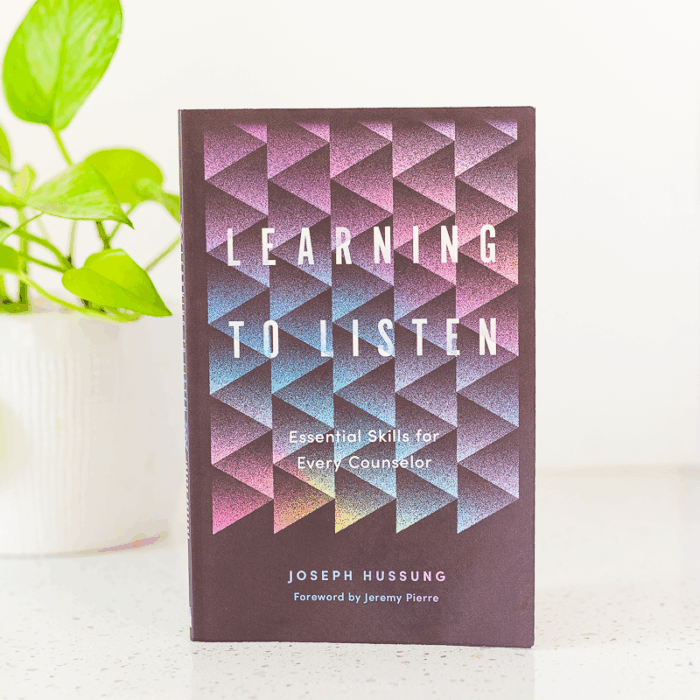This post contains affiliate links
7 Feasts: Finding Christ in the Sacred Celebrations of the Old Testament is the latest Bible study by author Erin Davis. I was really excited when I first learned of 7 Feasts because it doesn’t seem that there are too many women’s Bible studies that focus on the Old Testament. The study derives its name and emphasis from the seven feasts Israel participated in as mentioned in Leviticus 23.
Although I have read the Bible multiple times and cherish the Old Testament, I do have a hard time remembering the name and purpose of each feast. It was fascinating to go through Erin’s study and learn about the institution of each feast and how its observance connected to Christ’s first coming.
As I began reading and doing the 7 Feasts study, one aspect of it that really stood out to me is Erin’s love for rightly handling God’s word and knowing who God is according to it. In the Study Introduction, she wrote, “The purpose of Scripture is . . . to reveal who God is. Though God is certainly mysterious, He has chosen to reveal His character clearly through the pages of His Word . . . If God’s Word is a sixty-six piece puzzle, and there are parts of it we avoid, the result will be an incomplete picture of God,” (pg. 9).
Regarding the feasts she wrote, “The feasts were established as constant object lessons on the character and faithfulness of God. By looking closely at this piece of the puzzle, we gain new glimpses of His character. . . every piece of the puzzle of God’s Word matters because all of God’s Word shows us who God is. The picture on the box of this puzzle is more beautiful, more hopeful, and more life-changing than we can fully grasp,” (pg. 10).
I was really excited when I read the study for Week 1 | Day 1. Erin prefaced the study with a simple explanation of hermeneutics and asserted that, “We can handle God’s word ‘rightly,'” (pg. 15). Many Bible studies, especially those aimed at women, seem to neglect the foundation of accurate Bible interpretation and I am deeply grateful that Erin saw fit to include it. Within this section on pages 17-20 she listed the Rules of Hermeneutics which are:
- We let Scripture interpret Scripture.
- We pay close attention to context.
- Pause to consider what type of book or passage you’re reading.
- Try to discern the writer’s intentions when he wrote the text.
- Keep it simple . . . When we open God’s Word, it is the plain meaning of the text we are seeking to understand.
- Always take a God-centered approach.
I am excited that all the women who participate in this study will come in contact with these principles and am hopeful that they will grow in their knowledge of who God is as they apply these rules to further study of God’s word.
One aspect of 7 Feasts that I really appreciate is that Erin directs readers to God as they study. I love the emphasis on looking up Scripture and consistently writing it down as a means of committing it to memory. Although I have read the Bible in its entirety a few times, I was thankful for the way Erin’s study helped me make new connections between the Old Testament and the New Testament. I also enjoyed how the study demonstrates application for today and reminds readers of the sufficiency of Scripture.
On page 278 Erin wrote, “With our eyes fixed on Jesus, we take one uncomfortable step after another as He transforms us into His image. The Bible never calls us to comfortable Christianity, but instead to regular rhythms of sacrifice, surrender, and stretching. Just like the Israelites, I need to be reminded that obeying God will cost me. Why do it? For the same reason the Israelites did when they observed the Feast of Booths. Because He is worthy.“
I really enjoyed 7 Feasts and look forward to going through it with a group of ladies at some point.
I received 7 Feasts compliments of Moody Publishers in exchange for my honest review.











